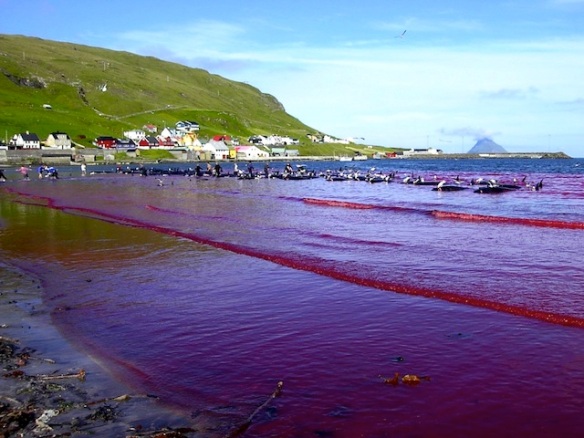A chain of events caused by climate change has led to a decline in butterfly populations in the Colorado Rocky Mountains, researchers at Stanford University recently found.
The study, published in the scientific journal Ecology Letters, could be prescient in determining the long-lasting effects of climate change on many of the world’s species.
As climate change leads to an early spring, the snowmelt caused by the warmer temperatures on the Rocky Mountains decreases the number of summer wildflowers. Fewer flowers, of course, mean less nectar available to butterflies.
In the researchers’ tests, the more nectar female butterflies ate, the more eggs they laid. Therefore, less available nectar led to fewer butterflies being born and, consequently, population declines, they concluded.
If climate change could have such a dramatic impact on butterfly populations, could similar cascading effects be seen in other wildlife species?
It’s quite likely, scientists say, because of the close interconnection among species within an ecosystem.
For instance, earlier snowmelt’s effect on flowers also impacts bees , which pollinate many of the plants that other species rely on for nutrition.
All of these studies serve to remind us of the wide-reaching impacts of climate change.
“Long-term studies such as ours are important to understanding the ‘ecology of place,’ and the effects of weather and possible climate change on population numbers,” says David Inouye, co-author of the paper. “This research is critical to assessing the broader effects of weather on an ever-changing Earth.”



